A Journey Beyond
the Code
I’ve always been fascinated by human evolution—not just of the body, but of the mind and spirit.
Early in my career, I explored the building blocks of life through chemistry and computer simulations, trying to understand what was happening inside a molecule. But the deeper I went, the more I realized our tools couldn’t keep up with the complexity of biology and human behavior.
If we truly wanted to understand life, disease, healing, and evolution itself, we needed a different kind of intelligence.
One that could see what we couldn’t.
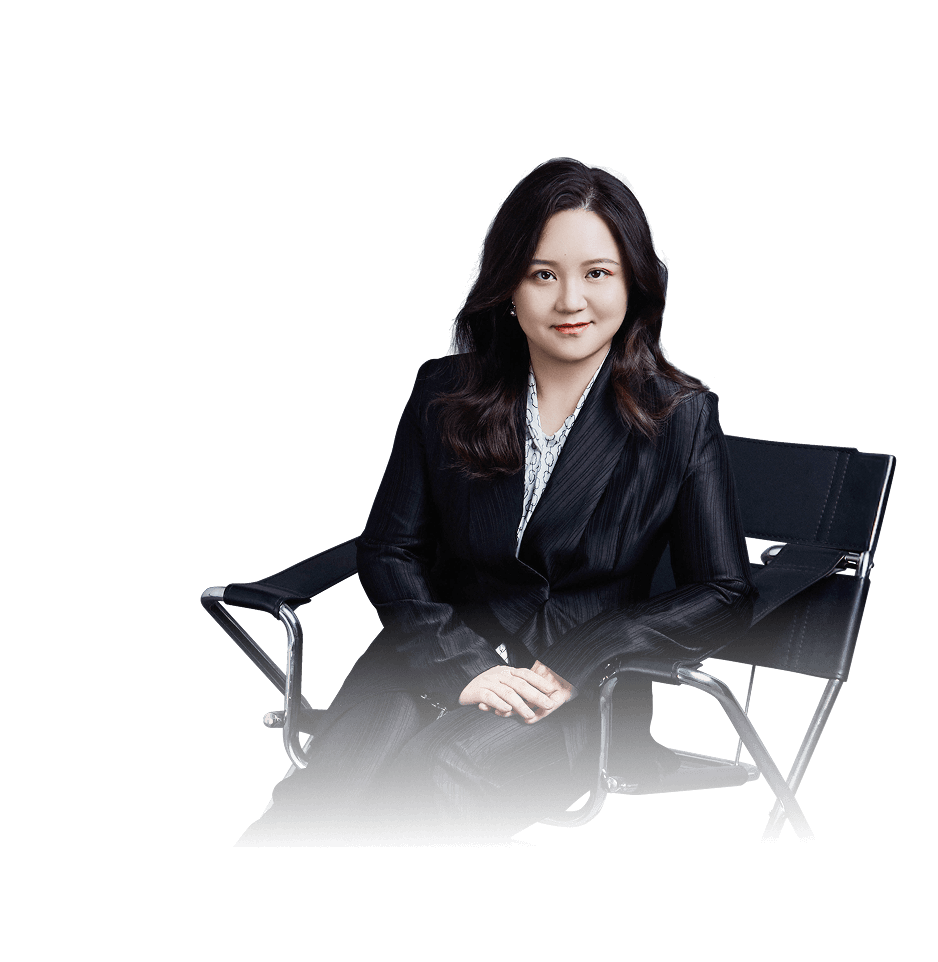
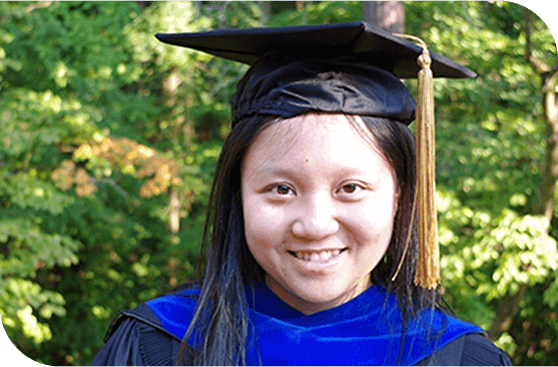
So I decided to build it.
I found myself at the intersection of chemistry, biology, and AI, ready to create something new. Over the past 15 years, I’ve led teams across biotech and academia, built AI-powered platforms, and collaborated with organizations like Bayer, and the Gates Foundation to advance global health. I was honored to receive Merck’s Global Pandemic Preparedness Award for my work on a COVID-19 “Digital Twin”—a breakthrough that accelerated drug discovery during the crisis.
But beneath the science, deeper questions stirred:
What kind of future are we building? Who are we becoming?
That question took me beyond the lab and into the mountains. For over a decade, I’ve returned to the Himalayas, visiting monasteries, learning from Buddhist scholars, and reflecting on the quiet wisdom passed down from my grandmother. Somewhere in the silence, I began to see technology not just as a tool, but as a mirror of our values.
Those values became my North Star.
That North Star is what drives my work today.
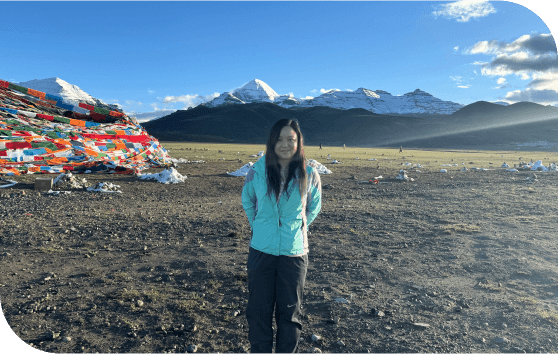
I don’t just build AI to make things faster. I build regenerative intelligence to accelerate healing, reduce harm, and help us reconnect with our deeper potential.
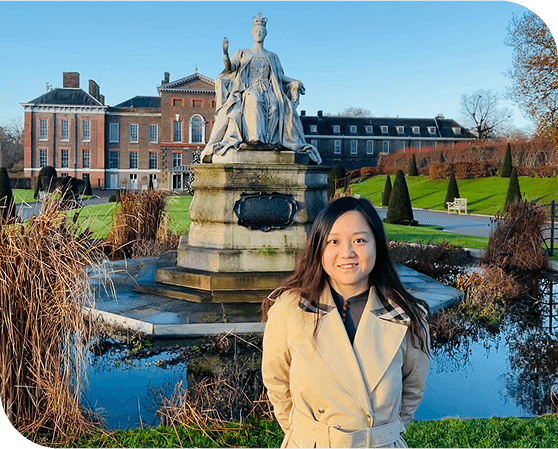
Rooted in the wisdom passed down from ancient civilizations, I believe true intelligence isn’t limited to just science. It emerges from the serenity of consciousness. An instinctive connection to the deeper truths of the universe, the meaning of human existence, the path of evolution, and the freedom from ignorance and suffering.
It’s time to stop using technology merely as a tool and start seeing it as a reflection of ourselves.
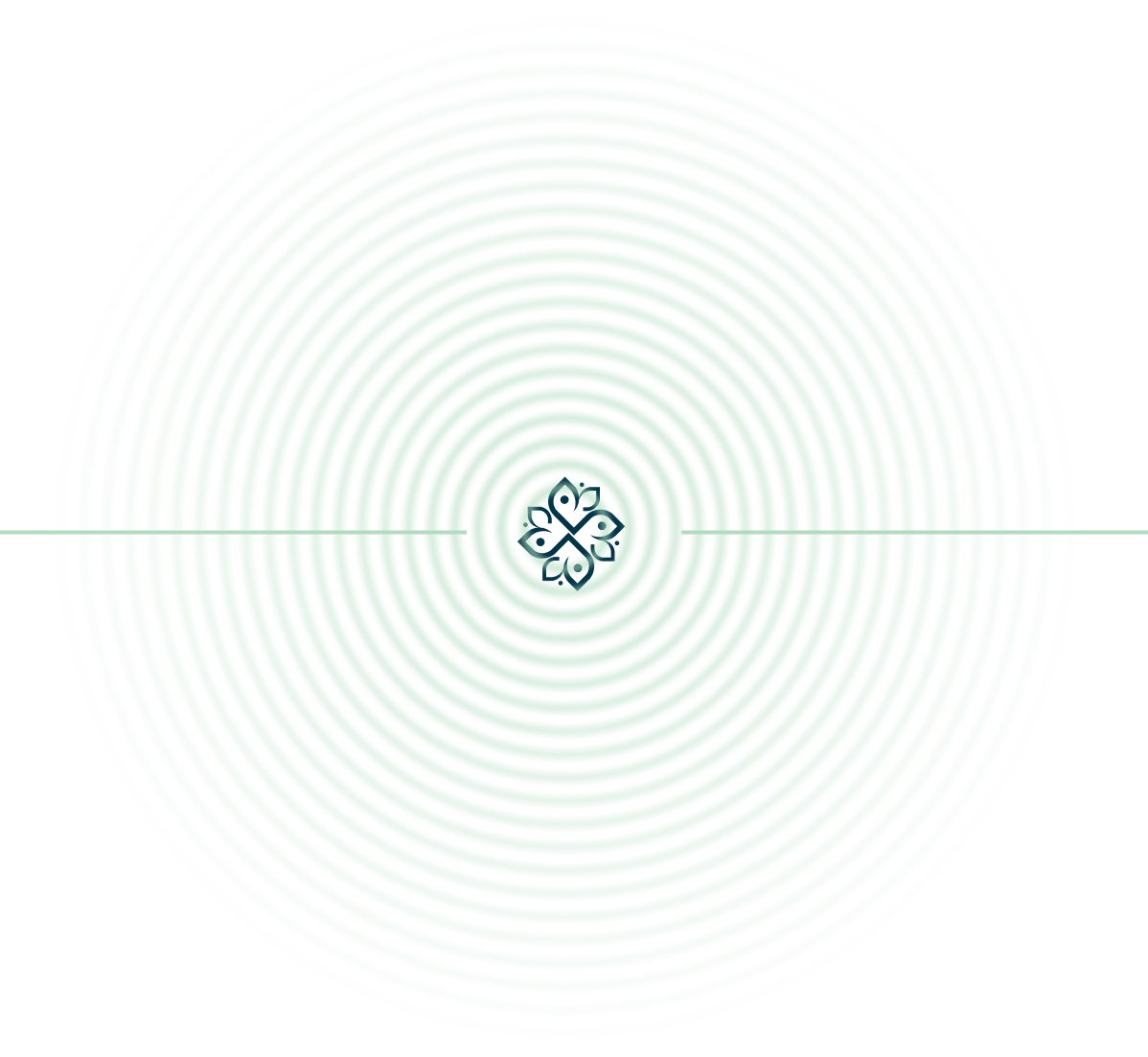
My Guiding Principles
Ethical Innovation
Ethical innovation should serve humanity, not outrun it. I create with intention, and always ask Who benefits?—ensuring technology honors the dignity of life.
Compassion
This is the heart of my work. Whether I’m designing algorithms or supporting a patient’s journey, I lead with empathy, care, and a deep desire to ease suffering.
Human-Entered AI:
To me, AI is a tool to elevate, not replace, human intelligence. I build systems that support healing, enhance understanding, and help us reconnect to what makes us fully alive.
Spiritual Wisdom
I bring ancient wisdom into modern innovation. My work is shaped by spiritual practice and a belief that true progress comes when we align our technology with our consciousness.
Interdisciplinary Exploration
I live at the intersection of science, soul, and systems. I draw from medicine, AI, and philosophy to ask better questions and to imagine solutions we’ve never seen before.
Success Stories

It is my pleasure to recommend Lurong Pan.
She has won a Merck Research Grant on Pandemic Preparedness in 2020 and succeeded in a tough competition.
She has won a Merck Research Grant on Pandemic Preparedness in 2020 and succeeded in a tough competition.

Ulrich Betz
Senior Vice President Innovation Merck KGaA, Darmstadt, Germany

Dr. Lurong Pan has been an outstanding mentor.
Whose guidance helped me define research problems, stay focused, and make steady progress during my PhD. Her technical expertise in AI and computational drug discovery, along with her clear, insightful talks, significantly deepened my understanding of the field. I’m deeply grateful for her support, leadership, and volunteer mentoring.
Whose guidance helped me define research problems, stay focused, and make steady progress during my PhD. Her technical expertise in AI and computational drug discovery, along with her clear, insightful talks, significantly deepened my understanding of the field. I’m deeply grateful for her support, leadership, and volunteer mentoring.


